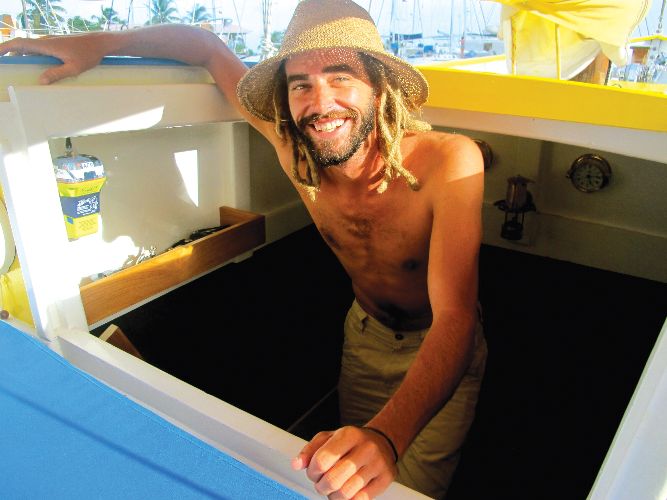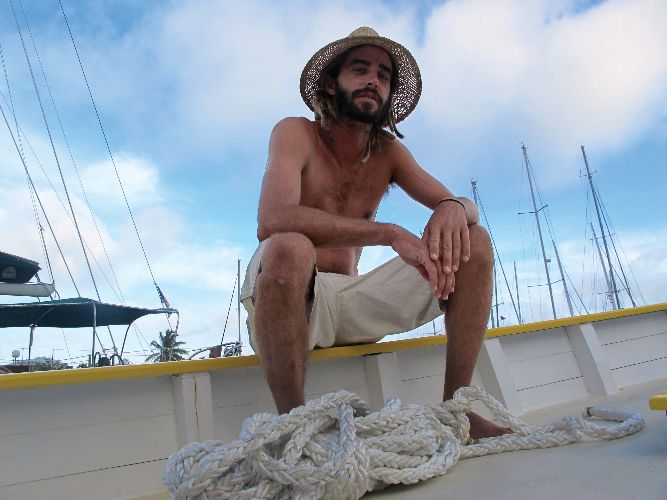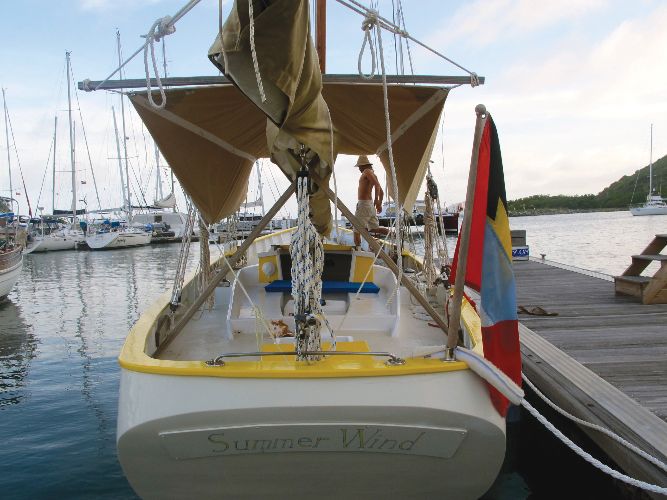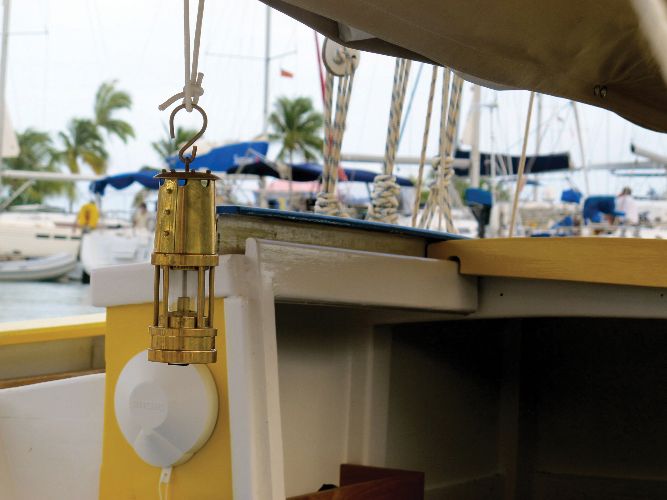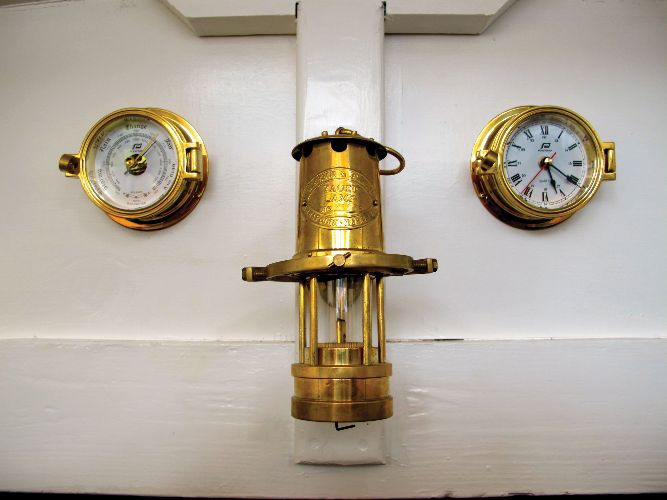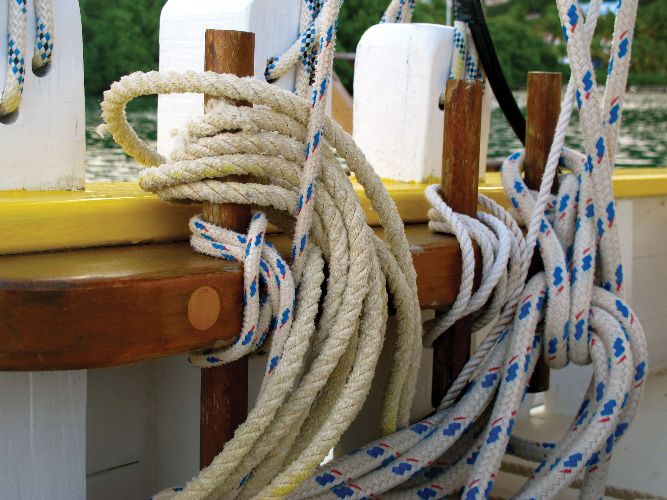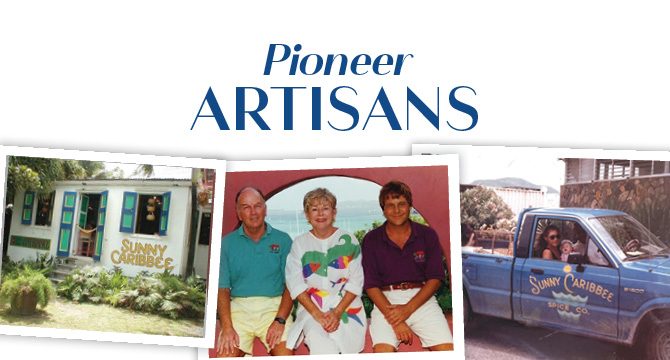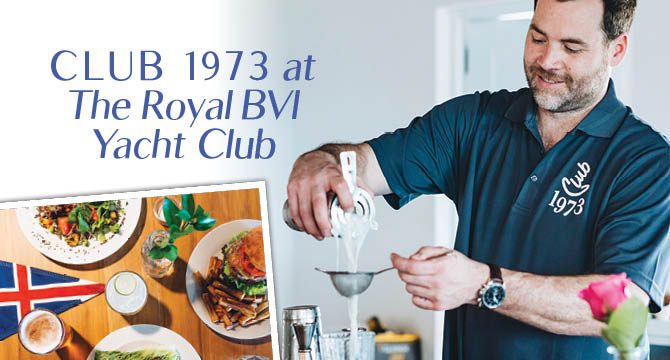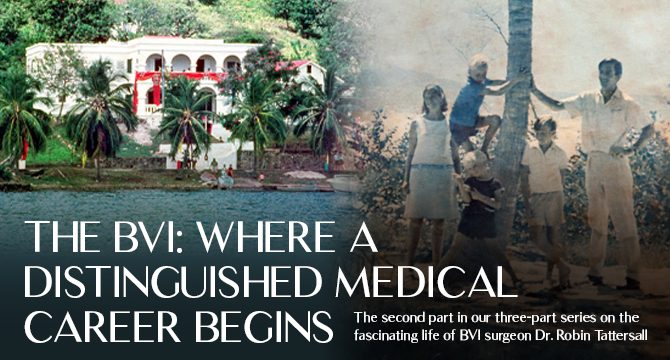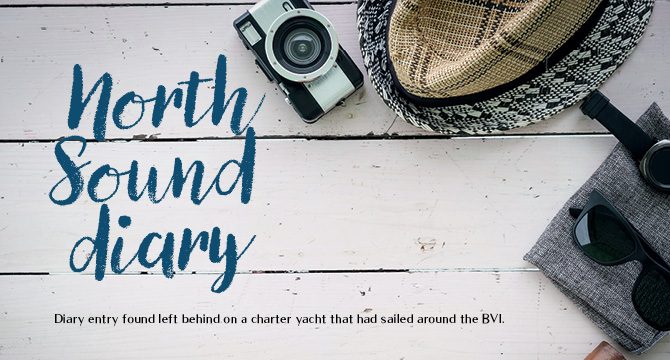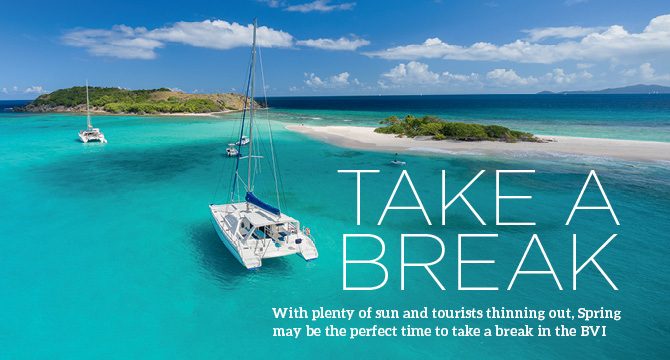Photography by Windtraveler.net
When I first met Denis Dowling, his humble demeanour could not have prepared me for the profound perceptions he holds about his art form – and this is not a skill belonging to the traditional group like writing or painting.
Following this brief introduction, I seized the opportunity to organise an interview with him, set on a typically sunny BVI afternoon at the beach by Nanny Cay Marina.
My intrigue was energised as his art that we intended to discuss was unique; at its ultimate poetic pinnacle, it was a romantic affair with a brightly coloured blue, white and yellow sloop; at the most basic level, it could be described as a unfathomable passion for the dying tradition of Caribbean boat-building and sailing – a true West Indian experience.
In essence, 30 year-old Denis is an experienced sailor, who bridges the gap between sailing as a well-loved hobby, and as a revolutionary, rehashed artistic skill founded in the ancient ability of boat architecture.
Explaining his attraction to the water, he said: “I’ve been sailing for nine years professionally,” indicating that the sea has been like a second home to him. “I grew up sailing with my family. I was always on the water as a kid,” he added.
Intent on running free with the liberation the ocean bestows, his immediate motion after graduating college was to cruise into the sailing industry.
Gaining the miles and experience as a first mate, he acquired his skipper’s license, received his first skipper’s job in the BVI and subsequently, many jobs in that vein, travelling the Baltic Sea, the North Sea, all over the Mediterranean and the Caribbean.
However, Denis recognised that this was not his true calling: “I started to get frustrated with the yacht scene and charters in general,” he said, going into further depth about his conceptions.
“The glorious benefit of living or visiting the BVI is the ease of learning to sail. Courses can last a couple of days and you can be captaining your own boat across these waters. But the art form that has been lost in the technological advances we’ve made over time, is the traditional skill of boat building,” said the renaissance sailor, stressing the rarity of this dying skill.
“It started about 3 years ago,” he said, relaying the origins of his central passion. “I got in my head that what I wanted to do was based around art and music and filming and recording with what I was doing as far as sailing.”
“I came up with this idea that I would go sailing around the world and I’d make music in strange places to strange instruments – street musicians, things like that,” he said as his enthusiasm began to show.
“I came up with this whole itinerary and started to look for a backer or a productions company – anything I could and I got a lot of good interest, but nobody wanted to do anything until they had seen an example.”
Travelling to Greece, he made this dream a reality and recorded music with a six-piece band of street musicians, granting him sales success and confidence to continue his mission.
Simultaneously, Denis felt the familiar call of the sea again and in an epiphany, was drawn to the abnormal idea of boat building and more importantly, unifying it with music as a joint artistic collaboration – thereby, building a boat, sailing it, while composing his music; very similar to the sailors of the past who had to entertain themselves on sloops without the luxuries you find on yachts today.
“I came up with the idea of a Carriacou sloop—a traditional West Indian sailing vessel—and homed in on this idea of buying this sloop, kitting it out to travel long distances and work on my projects in this way.”
“Generally, the joy of sailing a wooden boat and taking care of it is just so much more…more like…” he said, pausing and cracking a grin. “More like my girlfriend…her name is Summer Wind.”
Denis started researching this ancient tradition and “in the midst of all this research, [he] came across a guy called Alexis Andrews, who’s been a still photographer based in Antigua for many years and [who’s] heavily involved with these sloops.”
Following this, Denis did further research into Alexis via his two-book set—one about the vanishing construction skills of their tradition and the other about building a boat.
Explaining that there has been a powerful movement to attempt to regenerate interest in this dwindling way of life and impressed by Alexis’ dedication to the cause, Denis was influenced to adopt the vessel Summer Wind—the boat he’s restored with his ancient carpentry skill set—to sail from Antigua to Florida for the owner.
“I would like to go around the world,” he admitted as one of his major ambitions.
Curious to finally see this boat, we walked from the beach to the marina’s dock where we came up upon the wooden vessel, conspicuous among its ‘plastic cousins.’
Travelling down into the belly of the boat with its potent scent of fresh wood merged with the smells of a past on the verge of extinction, Denis divulged his plans to increase the comfort of the boat.
“What’s missing for me right now to travel a very long way, is a place to sleep, and a way to make coffee,” he joked. “I can survive on a sandwich, a bagel and cream cheese, peanut butter and bananas to the cows come home…but when you pull into a bay, it’s nice to be self-sufficient and be able to cook yourself a meal and catch a rest.”
Summer Wind is essentially a work boat where everything is manual and absent of the pleasantries of a yacht, but to Denis this constitutes as sailing in its purest form.
“We’re losing some very important art forms,” he said. “Ancient seamanship and seamanship in general is being lost. People are now at sea who wouldn’t have been able to before…the technology and while that’s a great thing, there’s really no substitute for the old way.”
In reference to a well-known song he has heard in the BVI, he asked me a question about sailors of the past who had no lights on their boats – it appeared more like a riddle: “how do you sail through [BVI marina] Soper’s Hole in the dark?”
I shrugged.
“We sail, we sail, we sail and when we hear the crickets, we tack.”
Just the concept of sailing in the dark was unusual to comprehend – by this point, I truly understood the conviction in his passion about resurrecting an ancient sailing world that was disappearing.
“People are using too much fuel,” he concluded. “We need to get back to our roots and slow down the technological advances. Preserve the sea that we love. Overall though, it’s just nice to remember where this all came from.”
Below: Vanishing Sail – shot in the Grenadines, Alexis Andrew’s short documentary relays the story of the dying skill of boat-building
[ts_fab]
